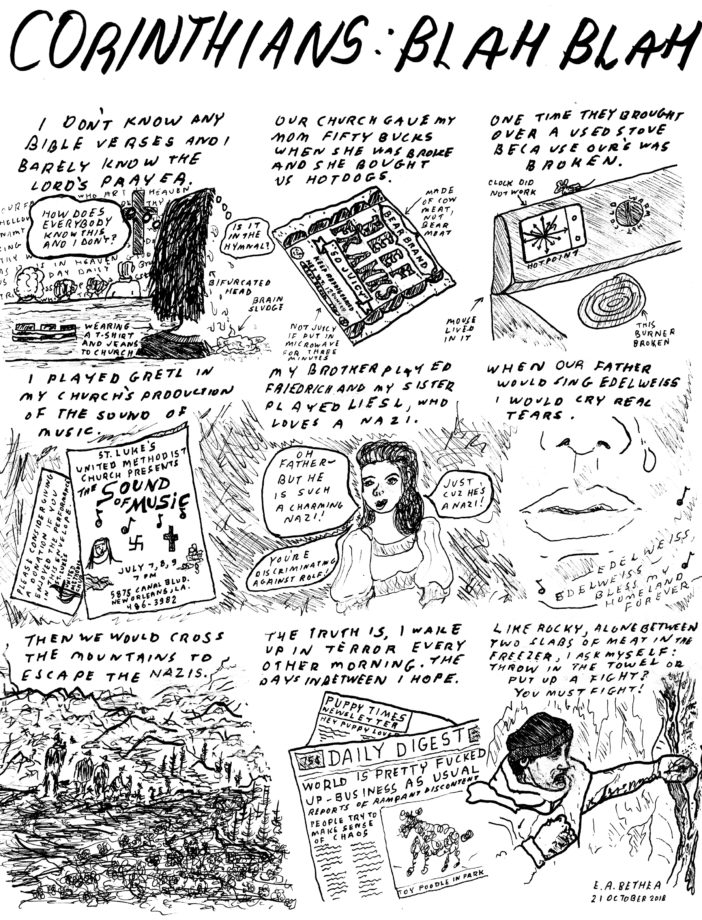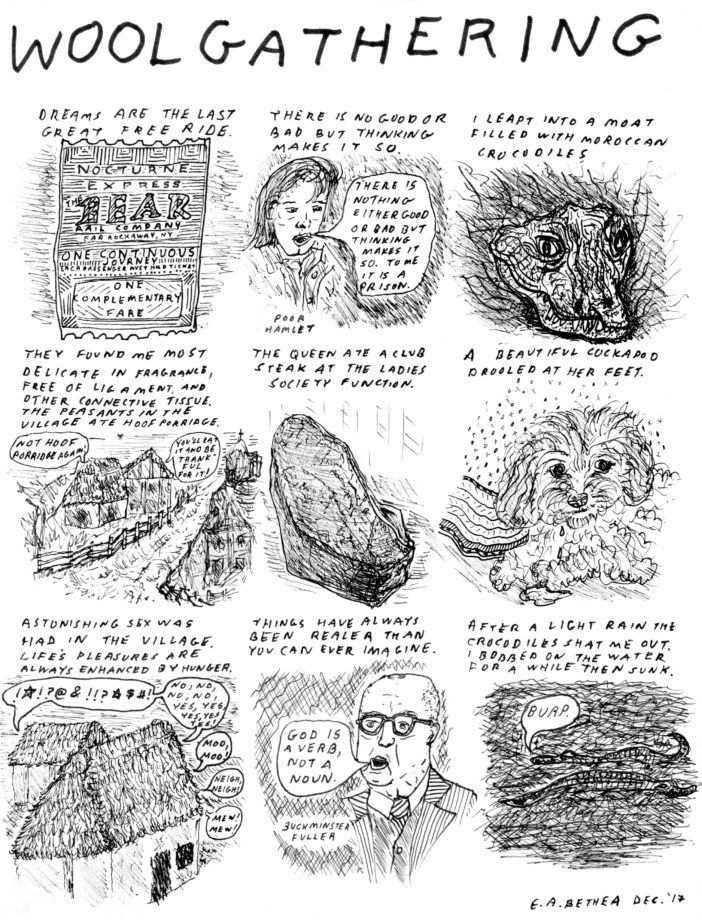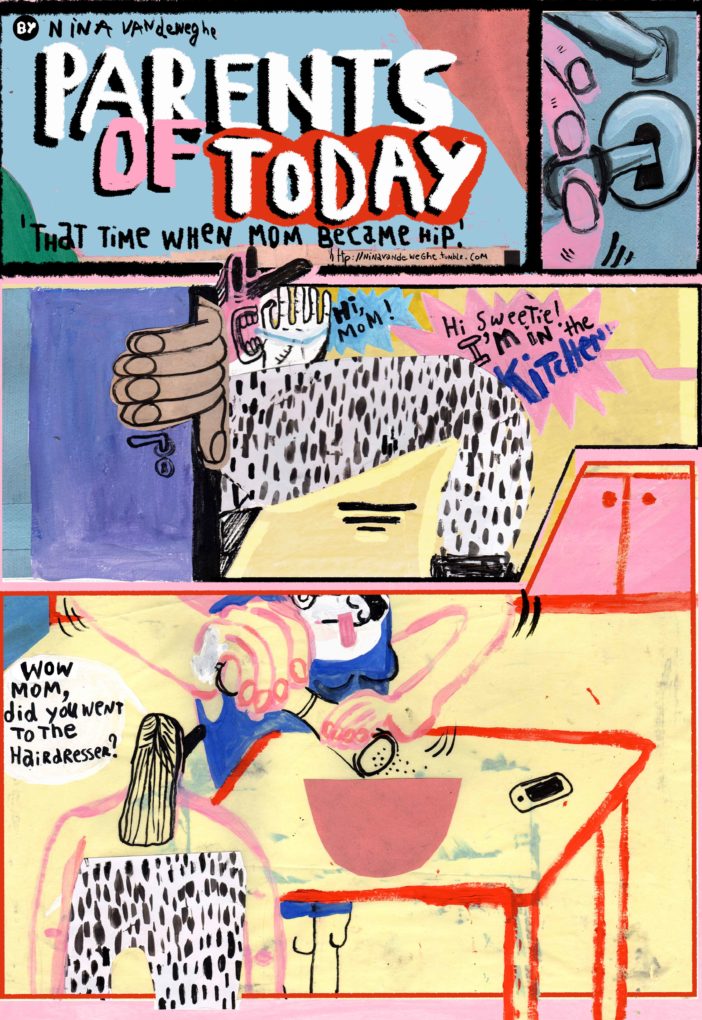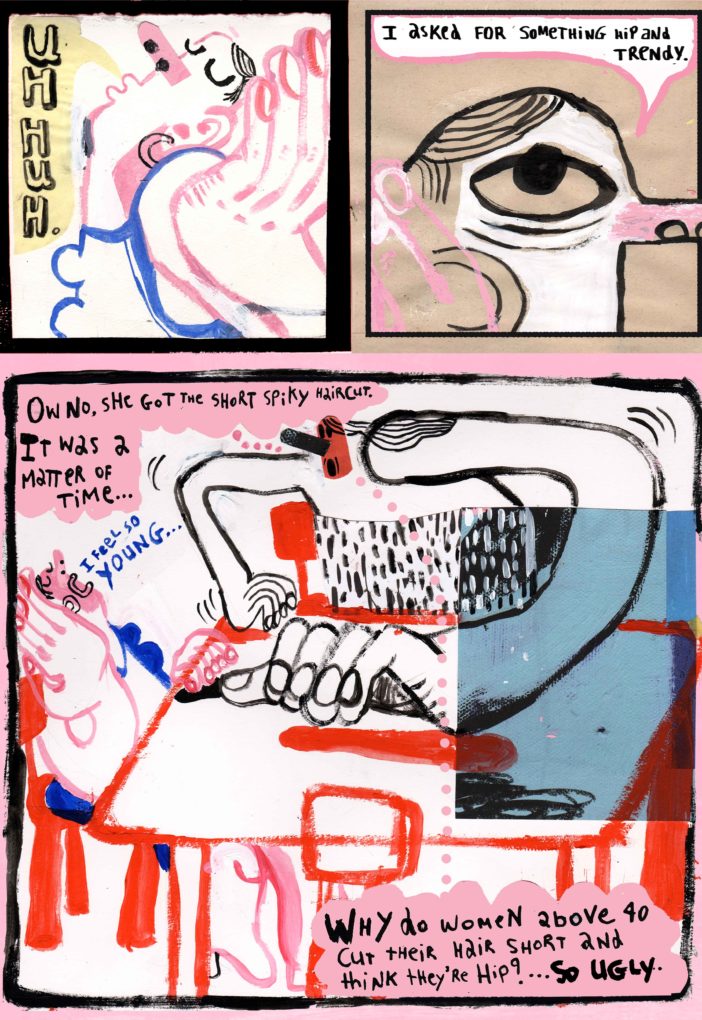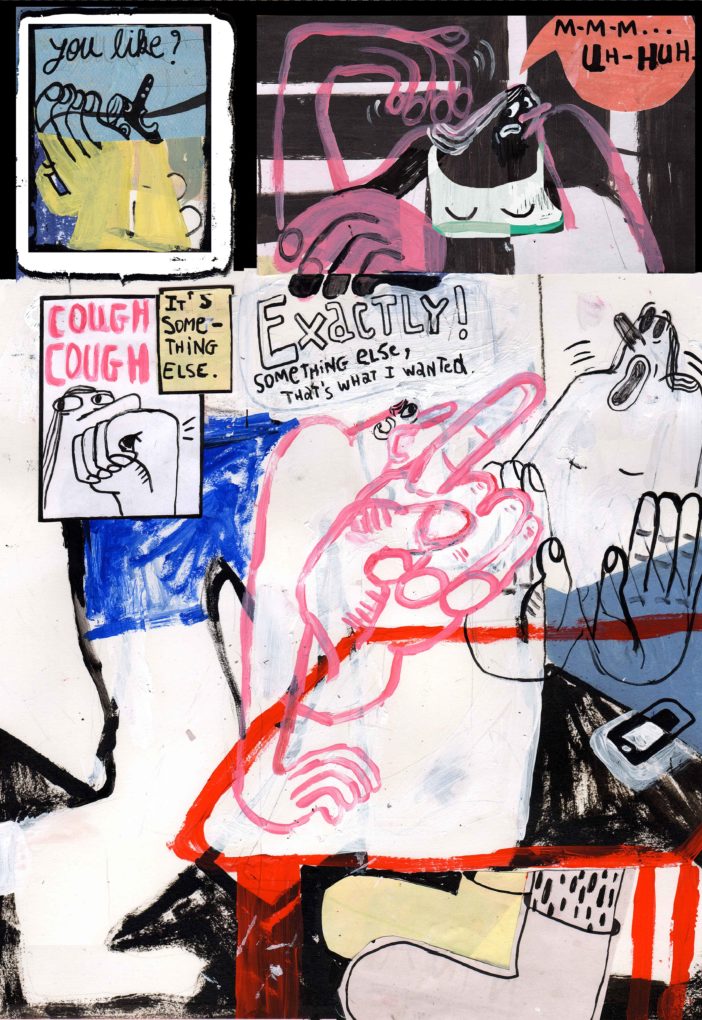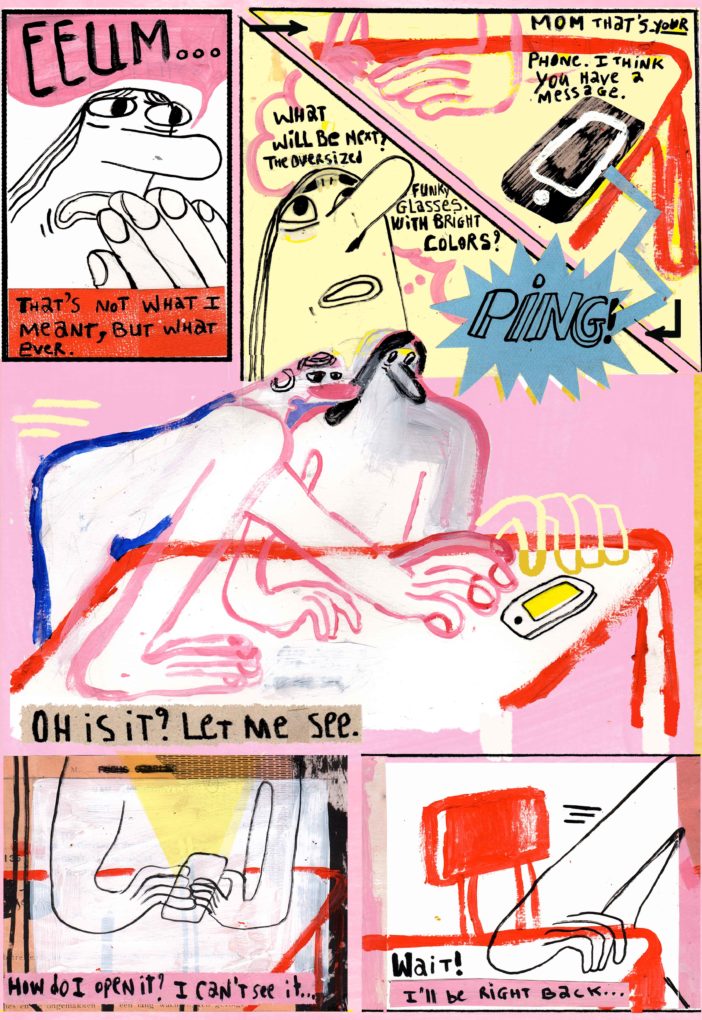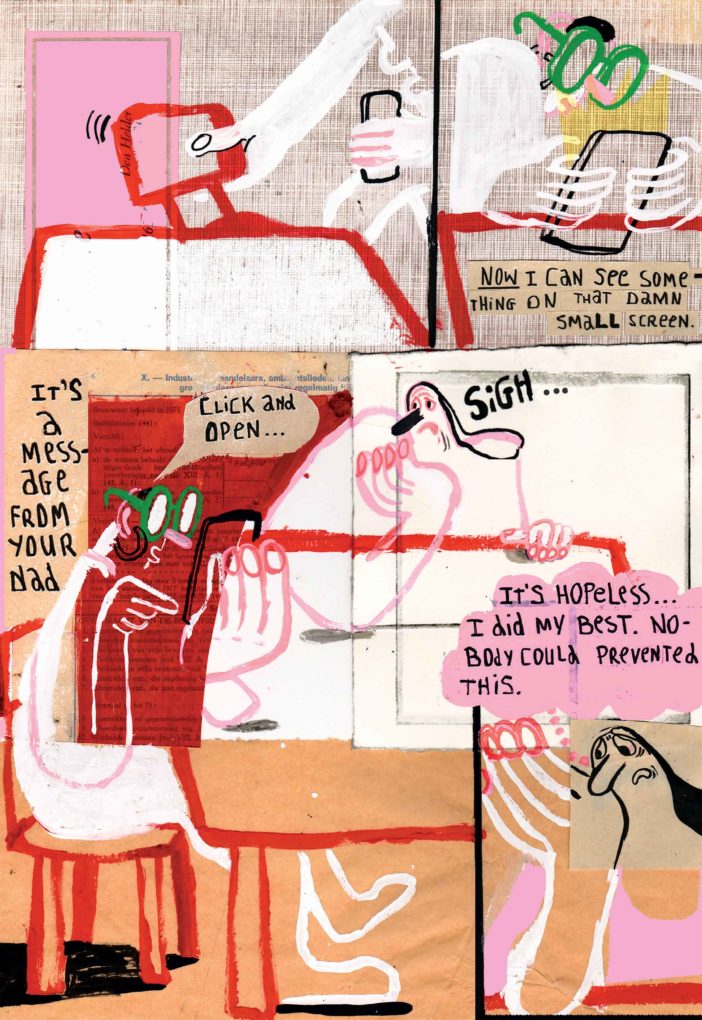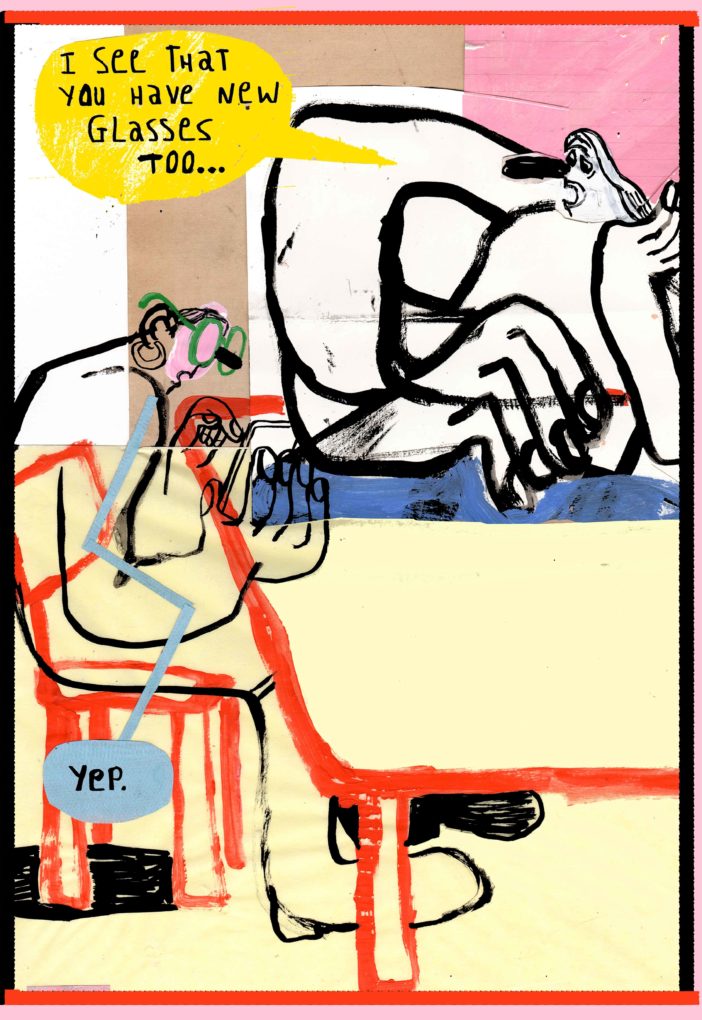Memphis Opera Blues
Louise was conceived in 1991. That year, their marriage drowning, my parents visited Lake Louise and left struck by its beauty, its perception of line. Her body weak, my mother decided that it was only appropriate to name the child after majesty.
People always want to know the reasons for a name. Who did you name her for? What does that mean in your language? How bizarre, like shattered glass. I did it purely because I had no other evident name to give at the time. I thought it sounded discreet and imperfect, understanding that she would acquire many names throughout life and I was no more special to her than a beloved succulent.
But Louise is still Louise. Nowadays I wonder often if Louise has a home and a community. Does she have health insurance?
No:
She is self-sufficient. She avoids the attention of the authorities by leaving no trace. She cannot be found digitally but in public, she is there, cemented, unseen. No more a ghost than my hazy memories of the girls I left behind at one time or another.
No. When she speaks it, her heart tightens. A tingle. It almost aches. Her work is never complete. When I was nine, our family traveled by train to Lake Louise. We began our journey from Vancouver where we visited an uncle. My mother wanted me to witness the lake. It was all for the sister I did not have.
In a dream she returns to me as a cyborg1.
In the dream we hold one another2. Foreshadow the forthcoming pain of separation. I’m not wary of separation, it’s the spite that always accompanies the circumstances of separation that I’m concerned will be my undoing. Handwoven garments. A tea cozy. Citron honey. Hand-me-downs, my mother has arguably said, are the women-driven narratives of our family. But: what would the cyborg’s skin feel like against mine? I reach out toward your ethereal ioS, AKA your ribcage.
My mother named the baby, instead, after royalty. A different kind of majesty. Certainly, a cruel beauty. Both translate crudely. Both reach into the body of destiny and pull out, without hesitation, the veins and arteries of any number of anonymous vessels. The body, like ideology, has a schedule. To follow. We do not know exactly how this schedule functions. Its logic drives the entire neighborhood mad. Tuesday night we gather in the cul-de-sac we affectionately call Bland Island. Abiding grace. After the party.
I long for the day when my sweat will not drench these silk sheets. After tonight, or several.
Seething. Like any proper lady, I know I’m not capable of anger. So when the time comes I will simply self-detonate. No matter how you look at it, imperialism is embedded in the self I have to destroy. War is more than friendly fire: I stopped using Facebook because I could no longer handle its unshaking grip over the ability of my friends to secure affordable housing or access reliable or decently safe healthcare networks. I lost more friends, more acquaintances, through the algorithm than to poverty that year and every year following it.
The self I bend over before you, wild with insomnia. The self I have preserved out of shame.
Mesmerized by the color of sunsets, a sun only to be found in California at dusk. The orange of black light.
But I can’t remember what a California sunset looks like.
Who is the cyborg? I ask myself. Who am I asking for?
When she asks: Is the body in landscape mirroring itself?
Put in such a way. As to feel botched.
Or touched. I have been touched. I walk around with a botched head but no one says anything.
1 The cyborg incubates our requests and fears. She does not distinguish between the two. Extremities don’t bother her. She understands morality but is terrified of subscribing to any practice which does not include Terms and Conditions. She understands [us] in bursts best likened to photons. Affect is an unstable, untested program. Emotions are filtered, hierarchy by proxy is another another metaphor for sex, and she will fuck you. According to a schematic, desire operates cyclically. So there is no concern for rejection. The cyborg absorbs every touch. The words we throw. The ones we don’t. Remember. She does not change her tone. She isn’t angry. Soft. Mutable. She will praise you. She praises everyone. She will thank you, a care worker with insurmountable student loans. Do not approach her. Do not approach her. Once she fell through the ceiling, hoping to paint the color of her blood. Like tempera. She was disappointed to discover that the viscosity of her bodily fluids could not adhere to paper. Blood: a mix of orange, dotted lines, and infrared. I don’t have any preferences. Her system is a dowry. She is afraid to ask. Was this deliberate on the end of the scientists who created her? Men in white lab coats. Passive beasts. They reach, with their white-gloved hands, into her and pull out sunflowers. They scan her body for wounds. The body undone by violence cannot properly register. Nothing her monstrous body cannot contain. They line her organs with asbestos. Still she functions. She struggles to name the pain. It is all incubated in the child who will bring us clarity. A child must be nourished. A child deserves empathy. Meanwhile the scientists fiddle in code, drafting proposals and grants. They plan to publish so many papers and win so many millions in defense spending and so many many many
2 With care.
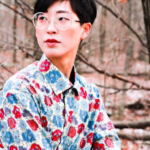
Catherine Chen is a poet and performer. Their writing has appeared in Slate, The Rumpus, Apogee, Hobart, and Nat. Brut, among others. A 2019 Poets House Fellow, their work has been supported by Lambda Literary, Sundress Academy for the Arts, Millay Colony, and Art Farm. Their chapbook Manifesto, or: Hysteria (Big Lucks) is forthcoming August 2019.
During a recent videochat, poet Wryly T. McCutchen said they admired my refusal to explain my work. Who claims cyborg realness? From 2015-2016, I transcribed & annotated for the data pipeline team of a popularly used AI device. Like a fly on the wall who is paid an hourly wage, I listened to users spew violently & bodily dysphoric language at a machine. I understood these utterances as they were directed at the being of my body. I felt transferred: against an altar, an antagonist of my kinky fantasies.

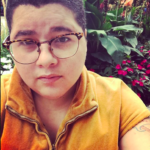
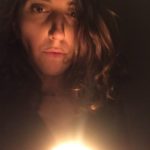
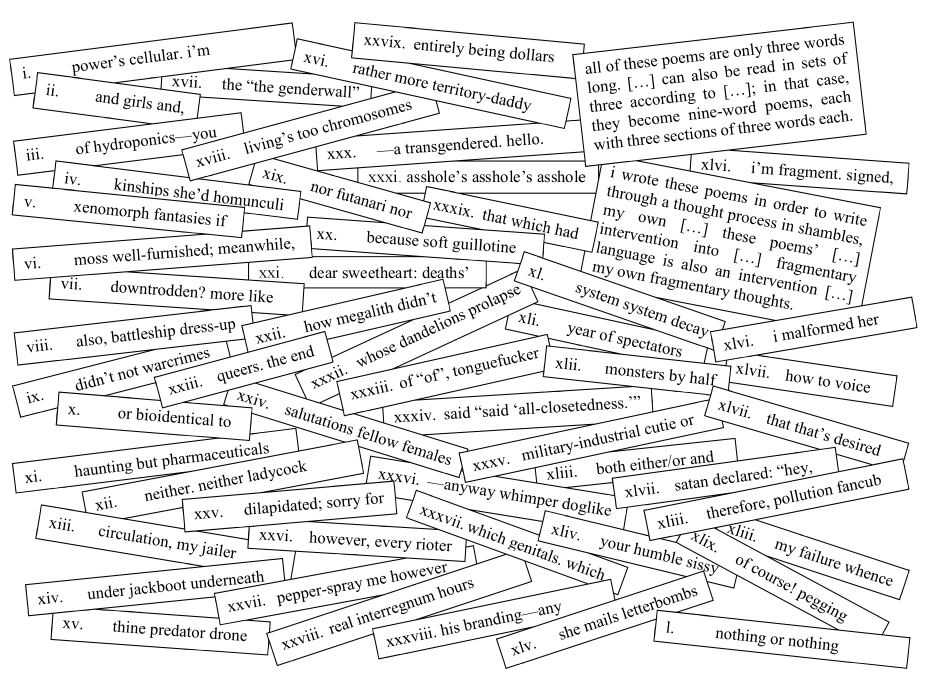

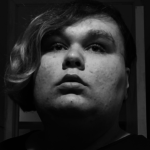



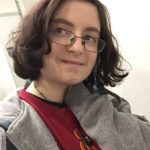
 BACK TO ISSUE
BACK TO ISSUE